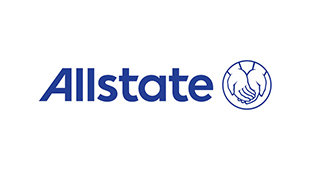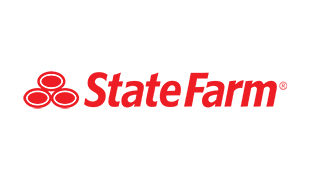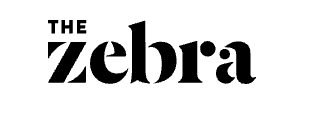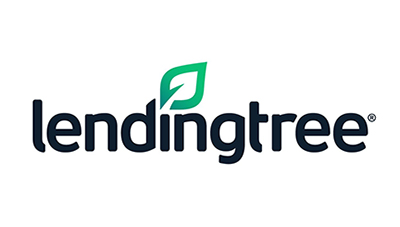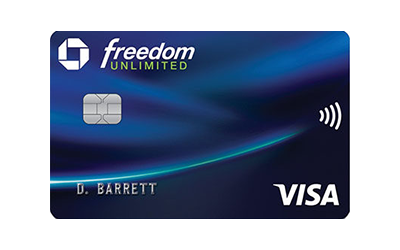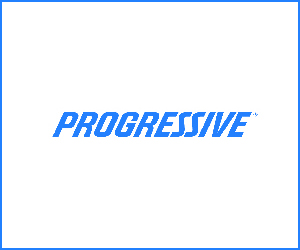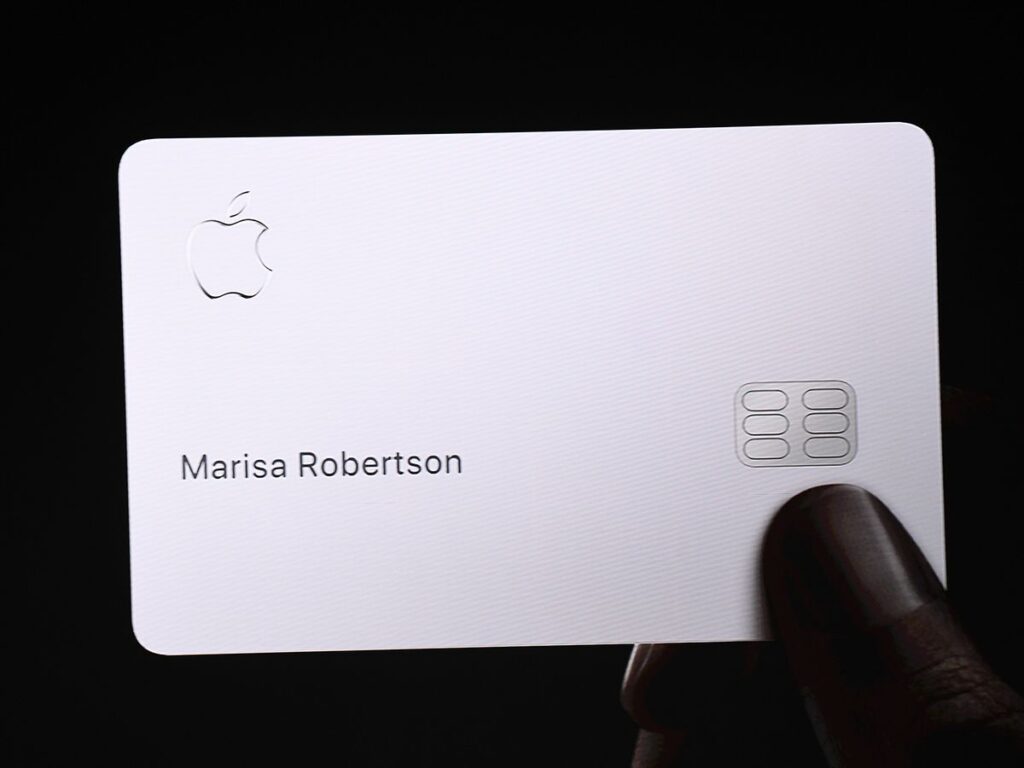Best Reviews By Consumers
Best reviews by consumers about things that matter
Top 3 auto insurance
Want to get the latest updates? Sign up here!
Top 3 auto insurance
Want to get the latest updates? Sign up here!
Top 3 credit cards
Best rewards
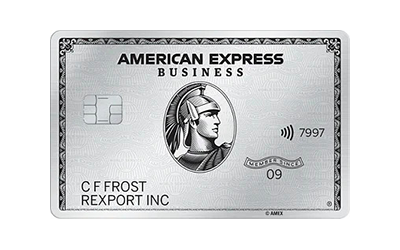
American Express Platinum
100k points
$695
bonus offer
annual fee
Our rating: 4.8
Best bonus
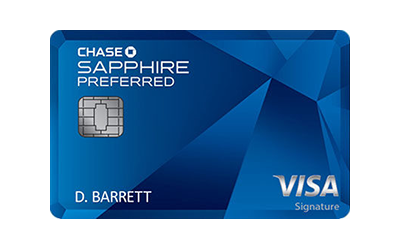
Chase Sapphire Preferred
100k Points
$95
bonus offer
annual fee
Our rating: 4.5
Want to get the latest updates? Sign up here!
Frequently asked questions about things that matter
Is car insurance required?
Car insurance is required in every state, except for New Hampshire and Virginia. New Hampshire has no mandatory auto insurance laws but may require some high-risk drivers to get SR-22 car insurance. Virginia also has no laws against driving uninsured, but the state requires drivers without insurance to register the car, which comes with a fee.
In most states, an active car insurance policy is mandatory. Anyone who drives without insurance is breaking the law.
How much car insurance do I need?
Statistically speaking, younger drivers get in many more accidents than people who are older, and car insurers take this into account when pricing an auto insurance policy. Drivers over 25-years-old usually receive lower auto insurance rates than people younger than 25.
If you had a birthday recently, it’s worth checking with your insurer to see if you get a lower rate.
Do I have to buy collision and comprehensive coverage?
Collision and comprehensive coverage pay for damage to your own vehicle — such as repairs if you crash into someone else, back into a pole, suffer weather-related damage or encounter other problems. Comprehensive also pays out if your car is stolen and not recovered.
If you’re taking out a loan to buy the vehicle, you will be required to buy “full coverage” auto insurance for the life of the loan.
How should I select a deductible?
A deductible is a cost you share with your auto carrier. The insurer expects you to pay a specific amount before it will pay the remaining accident-related expenses. It affects how much you will get paid for your settlement. You can also save money on your rates if you increase your deductible.
Choose one that you can afford to pay. Understand that you must pay the deductible before your coverage begins.
What are car insurance discounts? Do I qualify for them?
A car insurance discount is cost savings that help customers save money on their premiums. Many companies have multiple offers that fall into three categories: policy, driver and policy discounts. Most people qualify for discounts one way or another.
You may get a discount for having multiple policies, like home and auto or renters and auto.
What is a mortgage?
A mortgage is a type of loan designed for buying a home. Mortgage loans allow buyers to break up their payments over a set number of years, paying an agreed amount of interest. Mortgages are also legal documents that allow the mortgage holder to claim the property if the buyer doesn’t make their payments. It also protects the buyer by forbidding the mortgage holder from taking the property while regular payments are being made. In this way, mortgages protect both the mortgage holder and the buyer.
In most states, an active car insurance policy is mandatory. Anyone who drives without insurance is breaking the law.
Conventional mortgages
These are loans that ultimately are bought by Fannie Mae or Freddie Mac, the big investors that play an important role in the lending market.
Fixed-rate mortgages
A fixed-rate mortgage has an interest rate that doesn’t change throughout the life of the loan. In that way, borrowers are not exposed to rate fluctuations. For example, if you have a fixed-rate mortgage with a 4.5 percent interest rate and prevailing rates shoot up to 6 percent the next week, year or decade, your interest rate is locked in, so you don’t ever have to worry about paying more. Of course if rates fall, you’ll be stuck with your higher rate. Keep in mind, fixed-rate only refers to the rates, but there are many types of fixed-rate mortgages, such as 15-year fixed rate, jumbo fixed-rate and 30-year fixed rate mortgages
Adjustable-rate mortgages
Adjustable-rate mortgages, or ARMs, have an initial fixed-rate period during which the interest rate doesn’t change, followed by a longer period during which the rate may change at preset intervals. Unlike a fixed-rate mortgage, ARMs are affected by market fluctuationss. So if rates drop, your mortgage payments will drop. However, the reverse is also true — when rates rise, your monthly payments will also rise. Generally, interest rates are lower to start than with fixed-rate mortgages, but since they’re not locked in to a set rate, you won’t be able to predict future monthly payments. ARMs come with an interest rate cap above which your loan can not rise.
Government-insured mortgages
FHA loans, VA loans, USDA loans
Government-insured or government-backed loans are backed by three agencies: the Federal Housing Administration (FHA loans), the U.S. Department of Agriculture (USDA loans) and the U.S. Department of Veterans Affairs (VA loans). The U.S. government isn’t a mortgage lender, but it sets the basic guidelines for each loan type offered through private lenders. Government-backed loans can be good options for first-time homebuyers as well as folks who have a lower down payment or smaller budget. The requirements are usually looser than those for mortgages not secured by the government. These are known as conventional mortgages. The interest rates on FHA, VA and USDA loans are similar to conventional mortgages, but fees and other costs are higher.
How do I get a mortgage?
It is important to prepare for the mortgage application process to ensure you get the best rate and monthly payments within your budget.
Here are quick steps to prepare for a mortgage:
Build your credit
Set a limit on what you can afford
Set savings aside for both down payment and expected monthly payments
Research the best type of mortgage for you
Get preapproved
See multiple houses within your budget
Apply for a mortgage loan
Get approved!
Close on your new house
How do I get a mortgage?
It is important to prepare for the mortgage application process to ensure you get the best rate and monthly payments within your budget.
Here are quick steps to prepare for a mortgage:
Build your credit
Set a limit on what you can afford
Set savings aside for both down payment and expected monthly payments
Research the best type of mortgage for you
Get preapproved
See multiple houses within your budget
Apply for a mortgage loan
Get approved!
Close on your new house
How much can I borrow for a mortgage?
It is important to prepare for the mortgage application process to ensure you get the best rate and monthly payments within your budget.
Here are quick steps to prepare for a mortgage:
Build your credit
Set a limit on what you can afford
Set savings aside for both down payment and expected monthly payments
Research the best type of mortgage for you
Get preapproved
See multiple houses within your budget
Apply for a mortgage loan
Get approved!
Close on your new house
What kind of credit card can you get with a good credit score?
Quality credit cards aren’t exclusive to people with excellent credit scores. Many credit cards for good credit are realistically within reach for someone with a 670 FICO Score, and the field isn’t limited to no-frills cards. Depending on your credit score, annual income and other factors, you could qualify for a cash back, travel or rewards credit card that offers solid value and benefits.
When shopping for a credit card, look for each card’s recommended credit score. You can also check for pre-qualified credit card offers to judge your odds of approval without the short-term dip in your credit score that accompanies a hard credit inquiry.
How many credit cards should I have?
Most consumers probably have a “go-to” card that they use for everyday purchases, and for some of them that single card might be enough. However, you might benefit from an additional card if you:
Travel frequently. A general-purpose travel miles card or a co-branded hotel or airline card can partially offset the costs of airfare, lodging and other travel expenses.
Own a small business. Business credit cards have targeted rewards programs, business-specific benefits and higher credit limits than consumer cards.
Have the potential to earn cash back in specific categories. One example is a parent who could use a “designated supermarket card” that earns elevated cash back rates on grocery store purchases.
Want a card upgrade. You might find a new card that’s a step up from your current go-to card. In that case, you could keep the old card active and use it for a small, recurring expense (auto-paying for cloud storage or a streaming subscription, for example).
Although Experian estimates that the average American has four cards, the number of credit cards you should have depends entirely on your unique situation.
Having multiple cards is fine as long as it conclusively delivers benefits that you can use (miles, cash back, perks and so on). Just beware of burdening yourself with annual fees and hurting your credit score with excessive applications.
What is the difference between points, cash back and miles?
Points, miles and cash back are all forms of credit card rewards. Cash back is the simplest and most flexible type of rewards. Each eligible purchase you make earns a set rate of “cash,” which can often be redeemed as a bank account deposit, statement credit or check. Points are usually earned by travel rewards cards and can then be redeemed for flights, hotel stays and more. Credit card miles can be redeemed for flights with a particular airline.
How do you qualify for a credit card?
The more creditworthy you are, the better your chances of meeting an issuer’s requirements. Issuers determine which credit cards you qualify for based on your creditworthiness — primarily your credit score. Top-tier credit cards generally require credit scores in the Good to Excellent range, measured by the FICO scoring model as 670-850.
Substantially improving your credit is a task months or years in the making. If your credit score falls short of the 670-850 FICO range, don’t wait to start building it up.
Does applying for a credit card hurt your credit score?
A credit card application could have a negative (but temporary and relatively small) effect on your credit score. Getting approved for a credit card or other type of credit account requires some scrutiny of your track record as a borrower. The process can involve two types of credit checks:
A “hard” inquiry, when the lender pulls your credit report to make a decision about whether to lend to you.
A “soft” inquiry, when the lender checks your credit as part of a preliminary screening. Pre-qualified credit card offers involve soft credit inquiries, so keep an eye out for cards that offer pre-qualification.
A hard inquiry can subtract a few points from your credit score temporarily, while a soft inquiry usually has no effect. You’ll want to limit the number of hard inquiries on your credit report, so be as selective as possible about which credit cards you apply for.
The most popular articles
The platform is expected to simplify the process for small-business owners and lenders alike. BY...
This week: Apple should improve its Apple Card amid its larger push into financial technology,...
By Jonnelle Marte (Reuters) -The Federal Reserve’s purchases of Treasury securities and mortgage-backed securities are...

